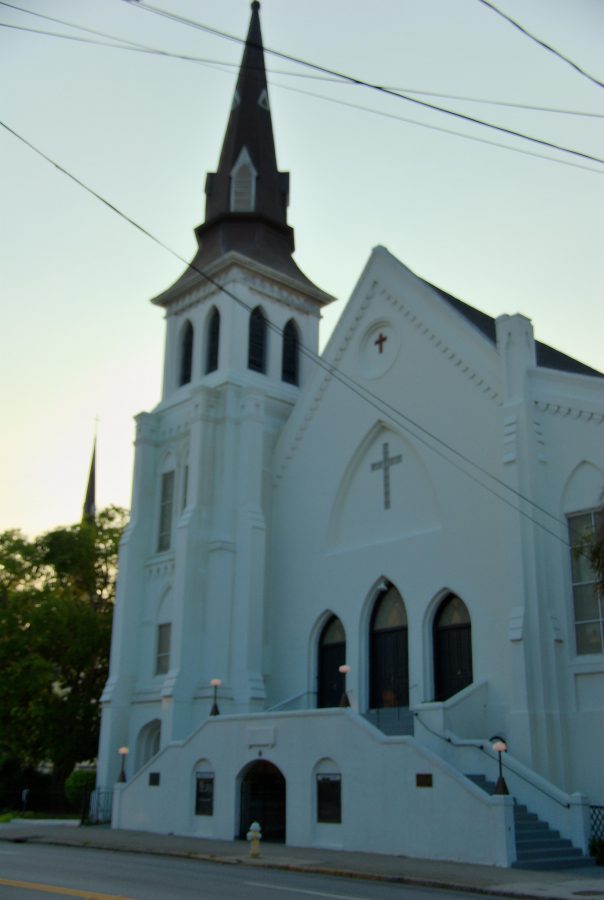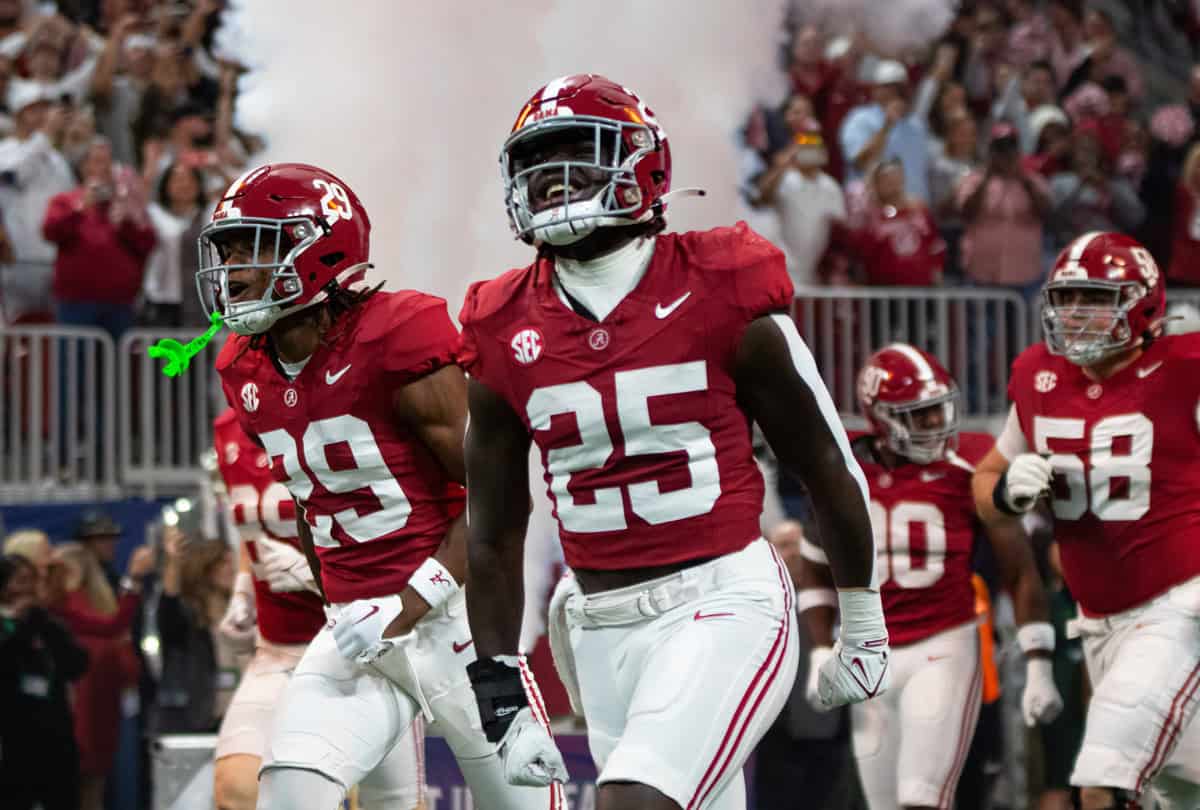The South as a region is misunderstood. Outsiders often think of us as clinging tightly to our guns, our football and our religion. Even worse, they see us clinging to our haunted past and our prejudices. The South’s story is still dominated by Scarlet and Rhett, by Lee and by Forrest.
The tragedy that happened last week in Charleston, South Carolina, could have reinforced those notions. A racist white killer shot nine black men and women in their own church, a church in a city residents call the “Holy City.” And while the U.S. and South Carolina flags fly at half-mast in mourning, the Confederate flag still flies above that state’s capitol. And still, some state and national politicians hesitate to call it a racially motivated crime.
This story had all the makings of another cautionary tale about the South. Another chapter in a region too mired in its “Lost Cause” to recognize how broken things still are. And while things are broken, and while these murders reveal a lingering cancer of hate, another side to the story exists.
The man who killed nine people that night at Emanuel AME Church did so with the intent of tearing the community apart and starting a “race war.” Instead, the people of Charleston stood defiant in the face of those who would see them turn against each other in fear and anger, neighbor against neighbor. On Friday, family members who lost loved ones extended forgiveness to the man accused of their murders. On Sunday, the pews of all the city’s places of worship spilled over with citizens of all races seeking solace. Together. When the entire world expected to watch them weep and curse their fate, they sang joyful praises to a higher power. Together. They laid flowers at the foot of Emanuel AME Church. Together.
In the wake of tragedy, Charleston showed the country the only way to combat the hatred that had hurt their community. They loved one another.
One can only hope that their spirit is more than a momentary outpouring of emotion. The South needs and deserves a true and complete reconciliation. To do that, we must all come to grips with both the triumphs and the horrors of our past, and still harder, we must learn to show empathy to our neighbors and a desire to understand. We have to give up the myths we’ve constructed to cover the sins of our pasts, and we have to acknowledge that there is still room for pride and history in our identities, individual and collective.
The Southern story is complex and difficult, but each generation has the ability to pen a new chapter. Let the new chapter reflect a new South that includes the voices overshadowed and absent from our past. Let the response of the people in Charleston provide a template for the fresh page. Maybe, if we can grasp the spirit of Charleston we can summon the empathy and bravery to face our long-term, systemic problems, and create a new Southern story we can all be proud of.
Somewhere in our Southern home, a new dawn rises over a united people.
Leigh Terry is a senior majoring in economics. Mark Hammontree is a senior majoring in secondary education – language arts. This editorial represents the views of both writers.







